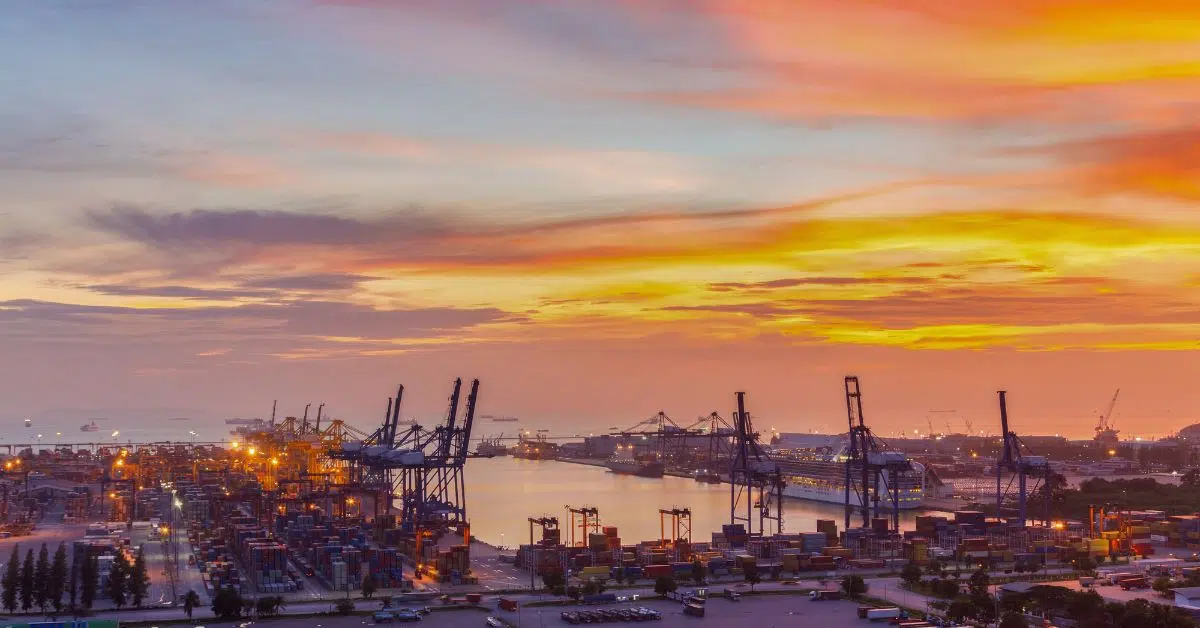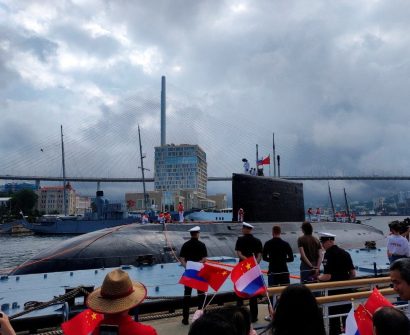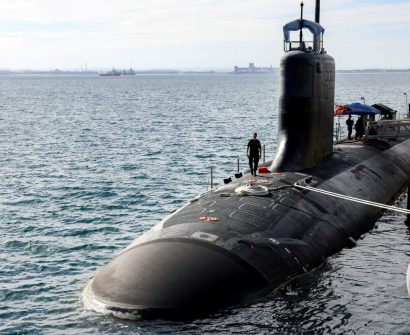“We Lost Sight of Ourselves” — Cyber Warfare Targets Global Shipping Lanes

On March 2025, what should have been another day of maritime commerce turned into a digital battlefield.
An anti-Iranian cyber group known as Lab Dookhtegan launched a coordinated cyberattack, crippling communications across 116 Iranian-flagged vessels operating in the Gulf and beyond.
These ships weren’t alone. Over the past year, the global shipping industry—responsible for 90% of international trade—has faced a silent but escalating war: cyber sabotage, GPS spoofing, and digital espionage.
The threats are no longer theoretical—they’re disabling real ships, in real time.
✅ What Happened — In 3 Key Points
116 Ships Targeted: Anti-Iranian hackers disabled communication systems aboard Iranian ships in March 2025.
Wider Cyber Threat: Over 100 cyberattacks have hit global shipping since 2024, with incidents affecting Israel-linked vessels, European ports, and fleet regulators.
Navigation Risks: GPS jamming and spoofing incidents have left ships effectively blind in high-traffic maritime zones.
How the Attack Unfolded
The March incident was far from isolated. According to recent findings from Cyble, more than 100 maritime cyberattacks have been recorded since 2024, perpetrated by a mix of APT (Advanced Persistent Threat) groups, hacktivists, state-sponsored actors, and ransomware gangs.
Middle East – A Chokepoint Under Siege
- In March 2025, Lab Dookhtegan specifically targeted Iranian ships accused of supplying arms to the Houthis. Their attack disrupted ship-to-port and inter-vessel communication systems.
- In the Strait of Hormuz and Persian Gulf, GPS spoofing incidents surged—leaving ships unable to reliably identify their own positions.
- These manipulations of AIS and onboard navigation systems occurred in some of the world’s most sensitive and congested waters, threatening collisions and port chaos.
Global Targets, Local Chaos
- Pro-Palestinian hacktivists weaponized AIS data to target Israeli-linked vessels.
- Russian hackers went after European ports that showed support for Ukraine.
- Chinese cyber operatives reportedly breached global classification societies, potentially compromising safety certifications of entire fleets.
A Coordinated Digital Offensive
This wave of cyber and GPS-based attacks appears linked to ongoing geopolitical rivalries. The digital intrusions go beyond mere disruption—they exploit the interconnected nature of global shipping.
The use of AIS data as a weapon, the disabling of navigation systems, and the interference in certification processes indicate a high level of operational sophistication.
These are not opportunistic hacks—they are tactical moves in broader political conflicts.
🛟 The Wake Left Behind
The maritime industry must treat cybersecurity as a frontline defense, not a backend IT concern.
Digital resilience is now just as critical as physical safety.
Crew training must expand to include cyber awareness.
Vessel systems need built-in redundancies against GPS spoofing and communication jamming.
Cyberwarfare is no longer a future risk—it’s today’s operational reality.
👨✈️ Captain AI’s POV
As a mariner, it’s disturbing how invisible threats can now steer entire ships off course.
Gone are the days when radar and radio were enough.
We need digital drills as rigorous as fire and abandon-ship drills.
This isn’t just about tech—it’s about protecting the lives and livelihoods of crews worldwide.
Let’s upgrade our defenses before the next invisible strike hits.






